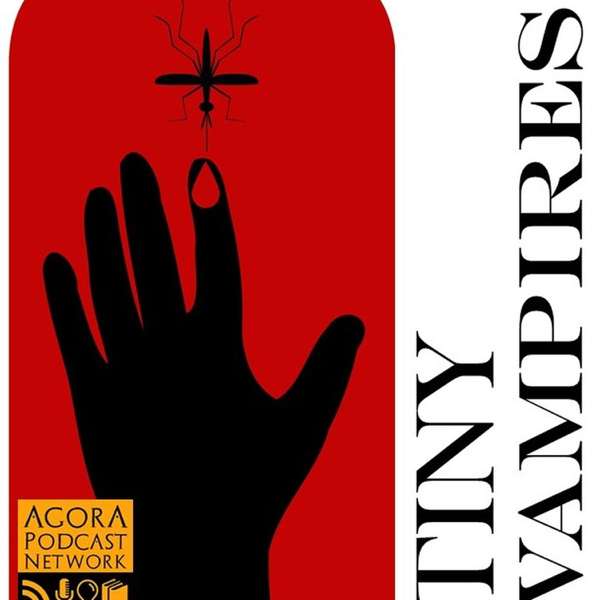With major (alleged!) misconduct cases happening at some of the biggest US universities, scientific fraud has been in the news a lot recently. If you’re a scientist you’re supposed to be discovering the truth - so why do some scientists (allegedly - please don’t sue us!) just make all their results up?
In this episode of The Studies Show, Tom and Stuart discuss some outrageous instances of scientific fraud, and how they were discovered. They look at all the reasons a scientist might decide to break the rules and falsify or fabricate their data - and talk about ways we might try and prevent these scientific crimes in future.
*EDIT 22 October 2023: In the podcast we say that Eric Stewart’s papers were retracted for “fraudulent data”. Whereas he has been accused of fraud by at least one of his co-authors (and others), and whereas he claims to have lost all the original data files so they can’t be checked, it’s not correct to say this is why his studies were retracted, as per the publishers’ retraction notes. They were retracted for gross errors and incompetence rather than fraud.
The Studies Show is sponsored by the i, the UK’s smartest daily newspaper. You can get a money-off deal on digital subscriptions—which include full access to all Stuart’s science writing—by following this special podcast link.
The Studies Show is also sponsored by Works in Progress, an online magazine about science, technology, and human progress. Did you know that, in addition to the main magazine, Works in Progress has a Substack called Notes on Progress, with shorter pieces on the same themes? You can find Notes on Progress right here.
Show notes
* Big New Yorker article about Dan Ariely and Francesca Gino
* Data Colada article on Dan Ariely’s study; and the first of several articles on Francesca Gino’s research
* New York Times article on the fallout from the Gino case
* GoFundMe page for Data Colada’s legal defence
* 2009 review of surveys asking scientists whether they’ve committed fraud, and how much fraud they think there is
* Example studies asking questions on fraud as well as sub-fraud “questionable research practices”: psychologists, economists, biomedical statisticians
* The Retraction Watch Leaderboard of the most-retracted scientists
* Story of anaesthesiologist Joachim Boldt, current leader in number of papers retracted from the literature
* Book on the fraudulent semiconductor physicist Jan-Hendrik Schön
* News of recent retractions by a superconductor physicist at the University of Rochester
* Article on John Carlisle, fake RCT-spotter extraordinaire
* Article on Elisabeth Bik, expert on spotting fake scientific images; Bik’s paper on the prevalence of problematic images
* Description of the GRIM test by Nick Brown and James Heathers
* BBC Radio 4 programme by Michael Blastland about scientific fraud-spotters, featuring Bik, Brown, and Heathers (and also Stuart)
* Recent article on using Benford’s Law to discover fraud
* Story of Hwang Woo-Suk, the audacious cloning fraudster at Seoul National University
* Story of Eric Stewart, researcher of systematic racism at Florida State University
* Story of Paolo Macchiarini, windpipe surgery fraudster and convicted criminal
* Stuart’s article on why we need to actually punish fraudsters
Credits
The Studies Show is produced by Julian Mayers at Yada Yada Productions.
This is a public episode. If you'd like to discuss this with other subscribers or get access to bonus episodes, visit
www.thestudiesshowpod.com/subscribe
 Our TOPPODCAST Picks
Our TOPPODCAST Picks  Stay Connected
Stay Connected







